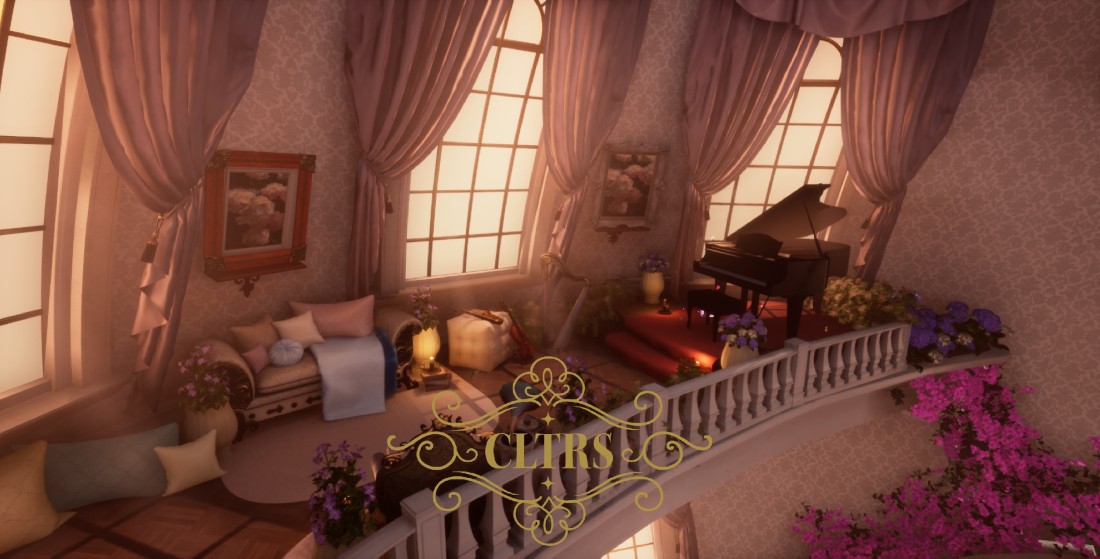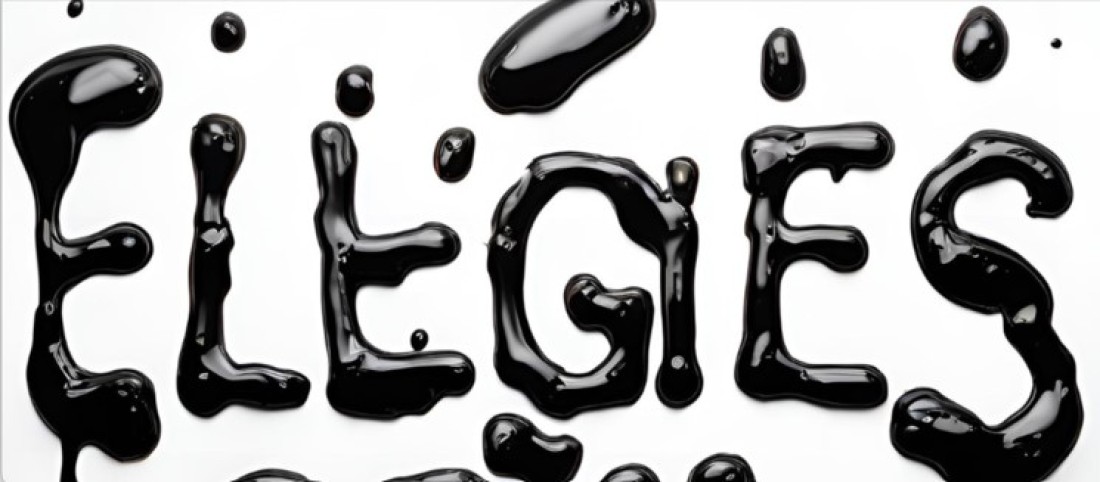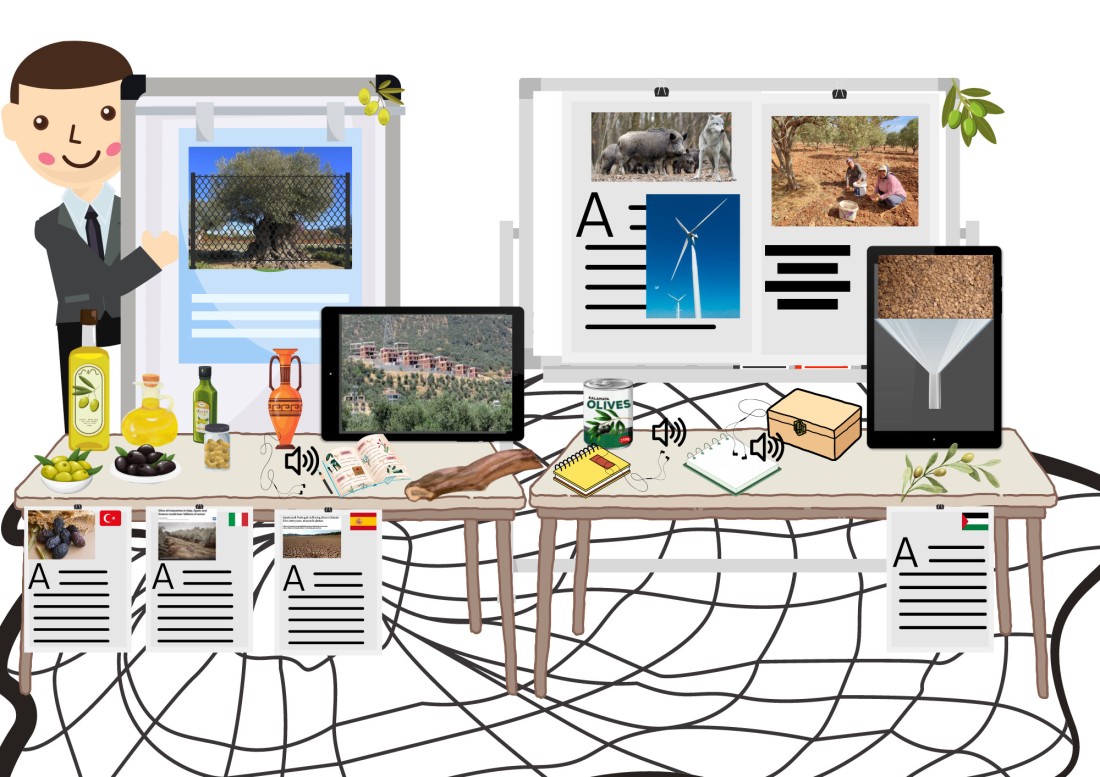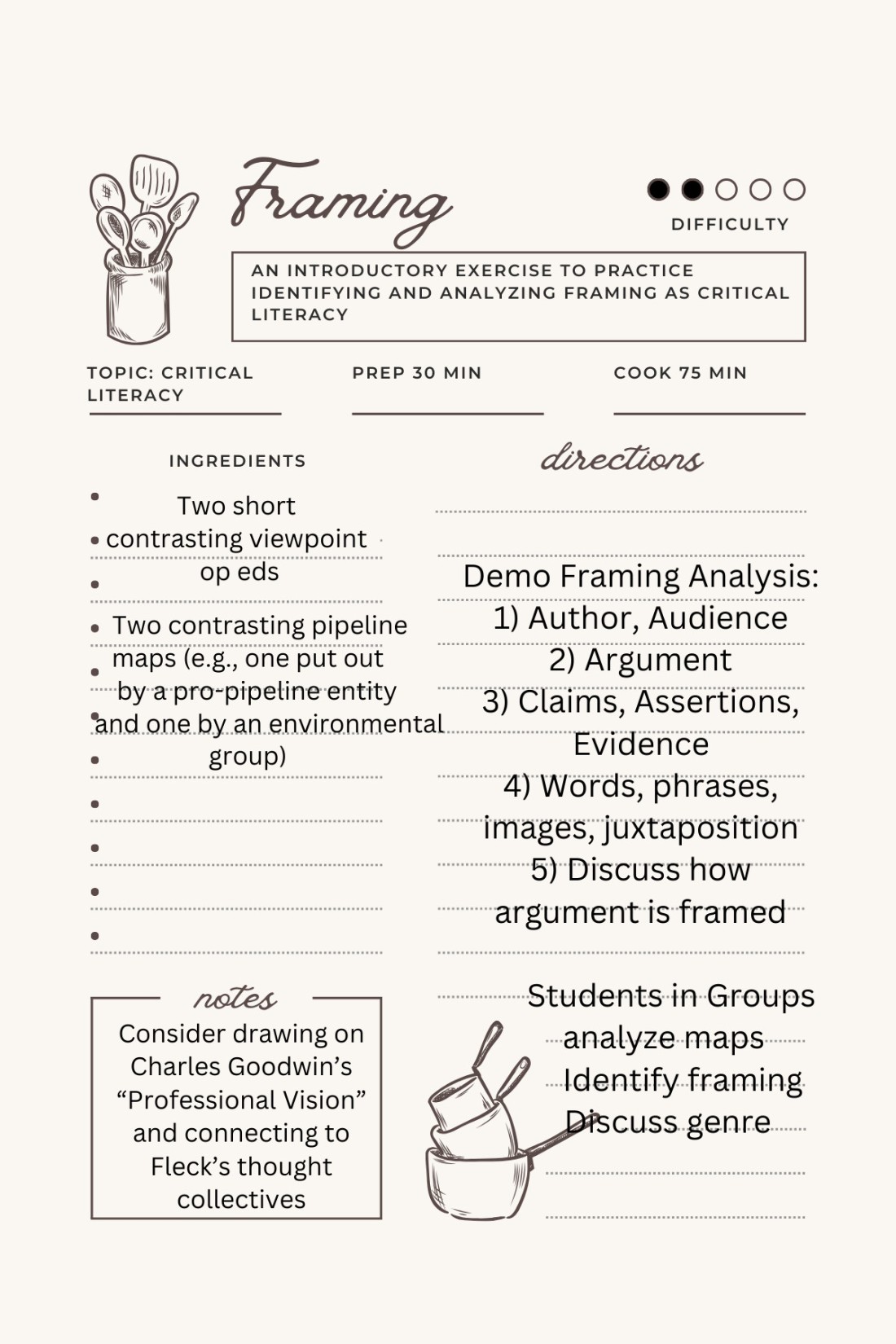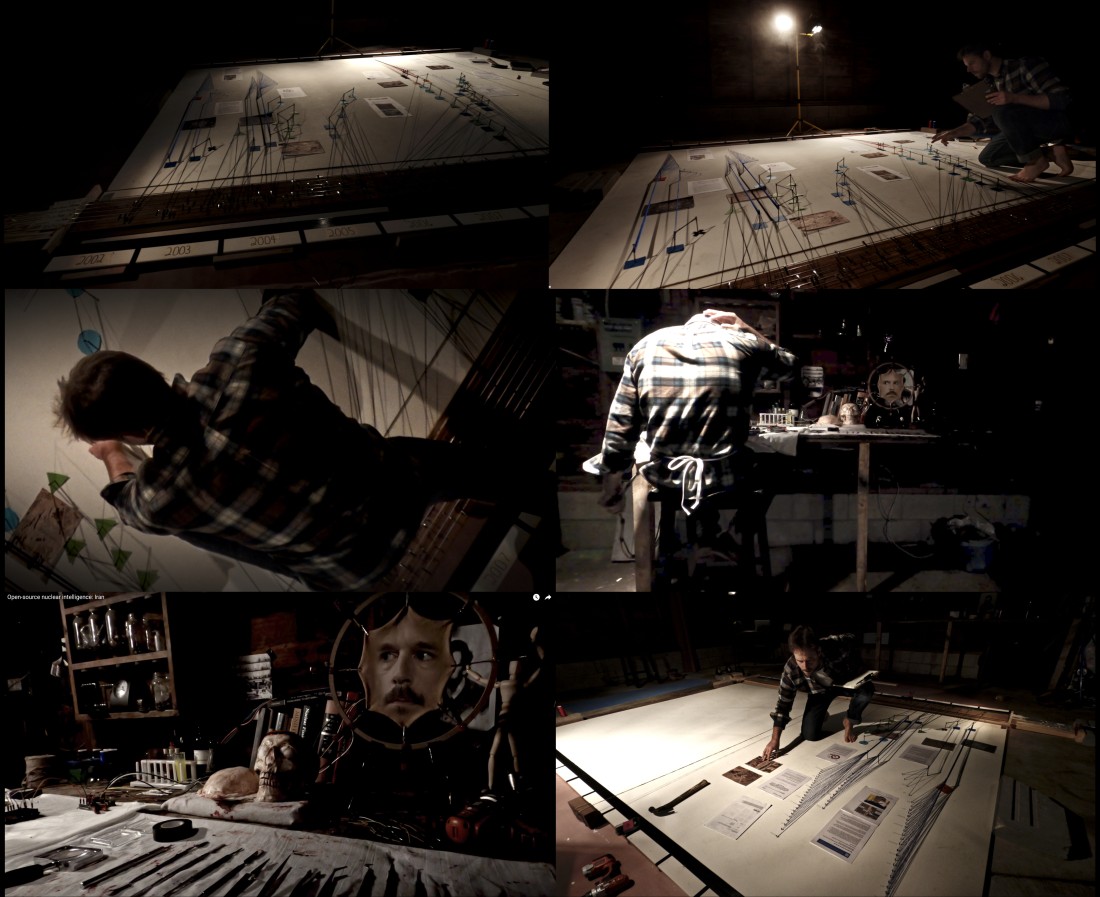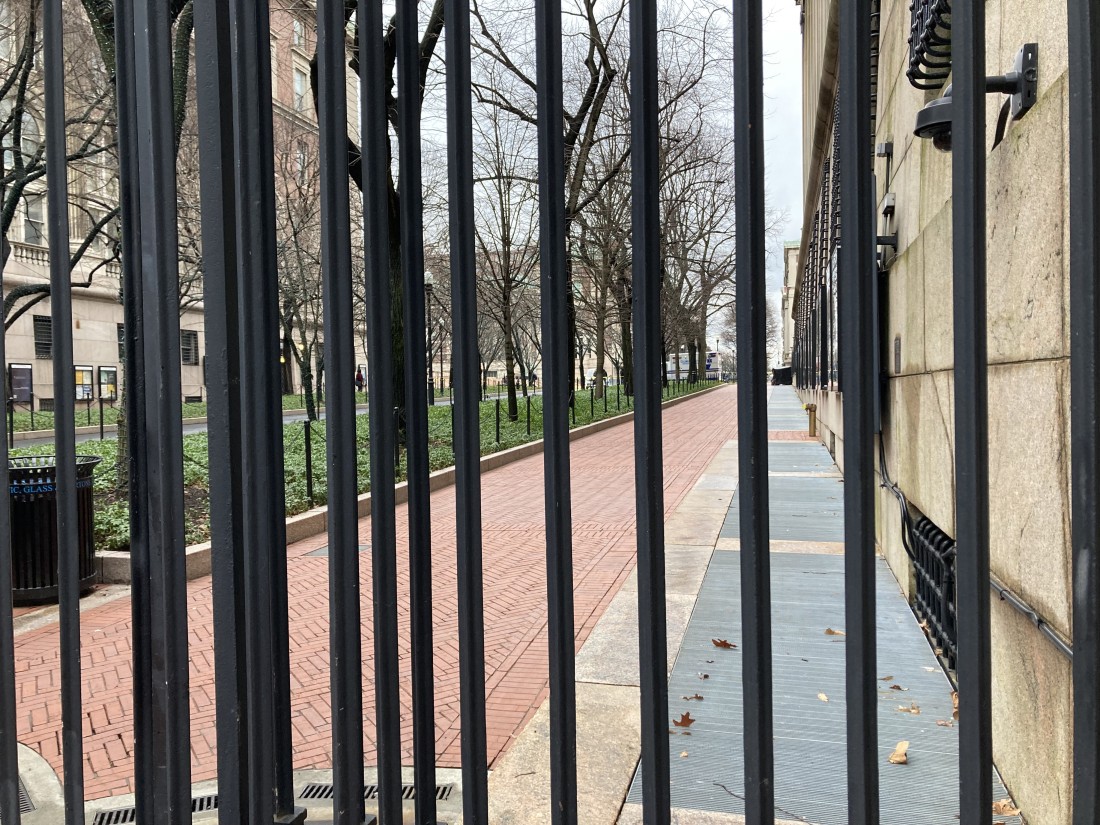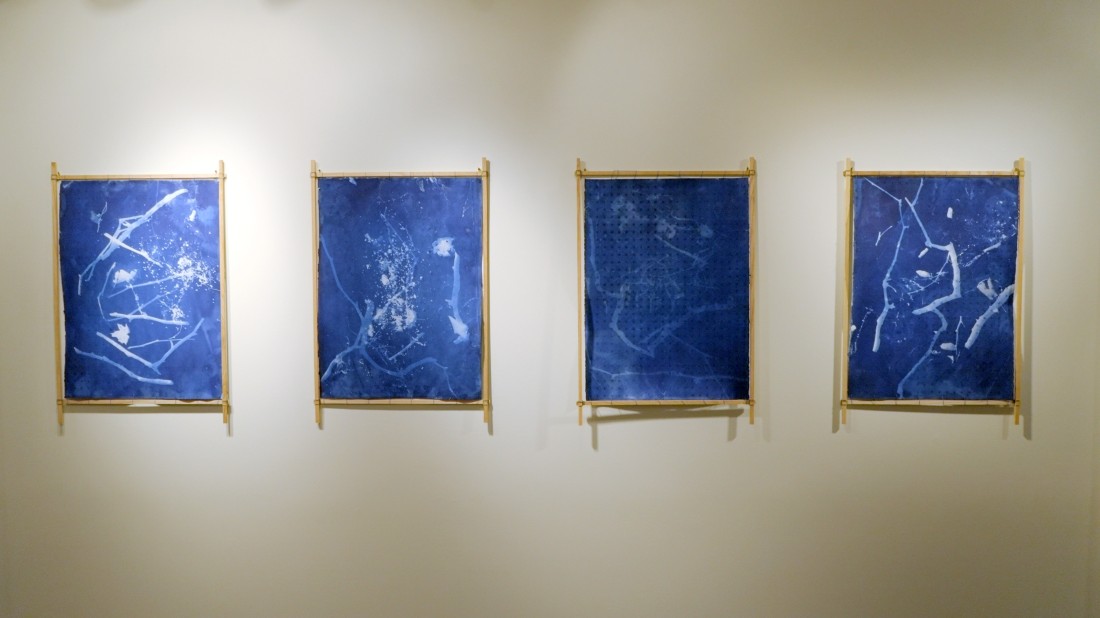
STS Making and Doing Awards 2024
Making & Doing Awards:
CLTRS
Laureline Chiapello
CLTRS presented an inviting and engaging video game experience in which players encounter female sexual anatomy via a metaphorical exploration of an abstracted virtual space. The presenter, Laureline Chiapello, narrates how her experience of making the game made tangible the subjectivities of the tools they used, demonstrating engagement with a key STS concern: how reproductive and knowledge-generating instruments channel activities along gendered and culturally specific lines. By foregrounding glitches produced by misalignments between content and game engine, as well as between player expectations and experience, this game playfully invites a discussion of a taboo subject through which it reveals the gendered sociotechnical signature of putatively universal tools for creativity.
Elegies for Oil Spills
Anne Steele and Mirko Febbo
The committee was impressed by the conceptual depth and rich aesthetics of Elegies for Oil Spills by Anne Steele & Mirko Febbo. By outsourcing the visual and textual poetics of oil spillage data to generative AI, the method becomes a mirror of its object: can either of these processes be controlled?
In their exhibit, the unique receipt produced by the blackboxed machine spitting out data poetry provided a lingering experience of the project’s propositions. This flimsy piece of too-smooth paper gave participants an opportunity to share and revisit the implications and imaginations of both spillage and AI technologies, the unimaginable as captured in the mesmerizing black shapes and letters exposed on the recycled thermal paper. The project presents an intriguing exploration of public engagement through poetic estrangement, inviting further thinking in STS on how critical making can resensitize scholars and publics to environmental disasters.
Olive Stories: Complicating the plantationocene by revealing oily relations
Efe Cengiz, Anne Beaulieu, Julide Sezer and Carol Garzon-Lopez
Olive Stories was an engaging and extremely popular contribution that complicated the relationships between olives, their landscapes, and how they travel across the world. The presenter, Efe Cengiz, committed fully to multimodal storytelling (using, for example, olives, pruning tools, and sounds) to engage people viscerally in narratives around olives. What do we know about olives and how does this knowledge come to be? What narratives are complicated when we think further about the olives and their messiness? Using the materiality of messiness and insisting on the integrity of embodied knowledge, the contribution encouraged participants to smell, taste, and explore the broader socio-political relations of olives to reflect on what sorts of olive stories are created and passed on by different people and landscapes.
STS Teachbook: making recipes for critical pedagogies in undergraduate education
Emily York, Shannon N. Conley, Marisa Brandt, Megan Halpern, Nicole Mogul, David Toblin, Elizabeth Reddy, and Marie Stettler Kleine
How do you teach STS in the undergraduate classroom? This is the question that these presenters asked of the many conference attendees that clustered around their display, inviting STS scholars to contribute pedagogical recipes to a forthcoming collection called the STS Teachbook. The Teachbook is a feminist intervention taking up the cookbook as a model for collecting, assembling and circulating teaching methods and pedagogical propositions, playfully brought to life with old fashioned recipe cards to collect methods, strategies, activities, and other ingredients for teaching STS. This seemingly simple intervention acknowledges the classroom as part of a feminist lineage, in which authorship and authority are distributed, partial and multiple. Responding to the challenge of aligning the forms of STS pedagogy with the content of STS lessons, the Teachbook offers a unique and important resource for educators and students in the field.
Film Award:
Woodshedding and idea: Mapping the Nuclear Prolifferation Complex
Christopher Lawrecence
Woodshedding and idea, created by Christopher Lawrence, is a filmic rumination wherein, during COVID-induced isolation, the filmmaker gets drawn into modeling and simulating the practices of his research subjects: the nonproliferation experts who gather around satellite images to uncover hidden nuclear objects on distant landscapes. Through Lawrence, viewers experience an increasingly unsettling knot of connections and dissolutions. Layered visually and methodologically, the careful specificities of the film encouraged viewers to re-think what we know about destructive knowledge, non-governmental scientists, and the role of individual action toward the construction of peace. Technically excellent, conceptually rich and emotionally challenging, the film is a welcome provocation to a growing conversation about doing STS through film.
Honorable Mentions:
Seeing Like a School
Griffin Fadellin, Emma Germano, Mohammad Zaidi, and Madi Whitman
Seeing Like a School is a multimodal game that problematizes students' experiences of surveillance on a US college campus. It brings attention to the positionality and responsibility of administrators and foregrounds the complicated terrain that students must traverse in the university. Through this creative, playful, and interactive game, these presenters created an experience that engages with the complexity of values, data, and governance of human needs in contemporary university life.
Space Shadows: Cyanotype impressions of cosmic encounters
Sebastian Levar Spivey
Space Shadows uses small cyanotype prints of space technologies (devices that had already traveled through the atmosphere) to connect earth and space, as a way for people to develop their own spatial imaginaries. By using solar energy directly, the project enrolled the sun as a collaborator, and made this solar work sensible by noting that the time it takes for the sun’s rays to travel to Earth is equivalent to the amount of time needed for the cyanotype print to develop. The committee appreciated how the project removed large-scale intermediate institutions, allowing for a speculative encounter between space, space-traveled matter and the earthlings who were invited to develop and hold a shadow of moon-tree detritus.
2024 M&D Awards Committee
Christianne Blijleven
Martin Pérez Comisso
Ranjodh Singh Dhaliwal
Sophia Efstathiou
Ben Gansky
Mascha Gugganig
Poyao Huang
Kat Jungnickel
Shachi Mokashi
Pouya Sepehr
Li Zheng (Vincent)
Committee Chair: Yelena Gluzman

